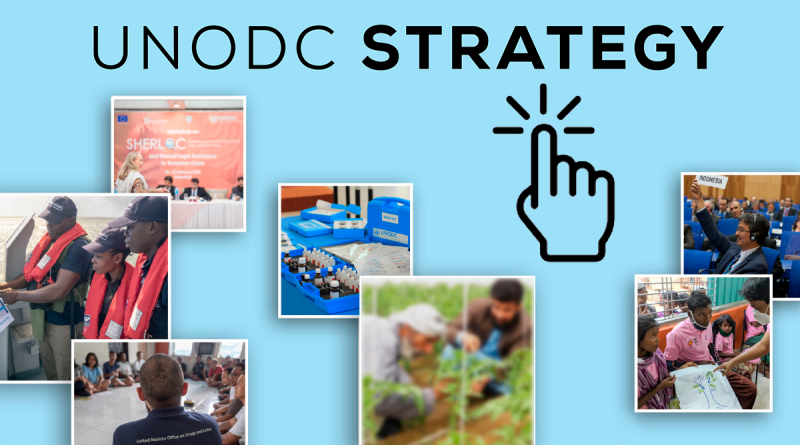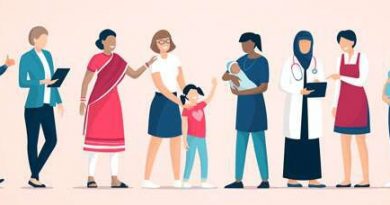UNODC STRATEGY FROM 2015-2025
INTRODUCTION
UNODC’s mission is to contribute to global peace and security, human rights and development by making the world safer from drugs, crime, corruption and terrorism. This Strategy for the next five years will equip UNODC to deliver effectively, efficiently and with accountability, elevating our support to Member States to build just, inclusive and resilient societies that leave no one behind.
The COVID-19 pandemic has changed the world. The resulting health, humanitarian and economic crises are seriously putting at risk the lives and livelihoods of people everywhere. It has exacerbated problems of fragility, crime and terrorism and exposed inequalities.
This also jeopardizes the multilateral consensus reflected in the vision of wellbeing for all that is contained in the 2030 Agenda for Sustainable Development.
The pandemic clearly demonstrates that the challenges we face are global, and that the solutions are also global. We will help to forge these common solutions by bringing together countries to share knowledge, skills, and to combat the challenges of drugs, crime, corruption and terrorism.
Cohesive, safe, and resilient societies are critical if this mission is to be realised. UNODC works with and for Member States, Civil Society, Academia and other partners to promote justice and the rule of law at all levels.
The knowledge that we have gained in implementing projects, and by analysing data and trends can help rapidly identify new trends and threats and design policy and programmatic responses to address them.
Our interventions will pay special attention to human rights, protection of children, gender equality, empowerment of women and youth.
In order to serve the people better, the UN is engaged in a series of measures to improve the services we provide, to ascertain how they are provided, and to determine if they are reaching those most in need.
The coming five years will see UNODC deploy innovative methods, leverage new technologies and create an organizational culture that is based on trust, respect and accountability.
UNODC Website




